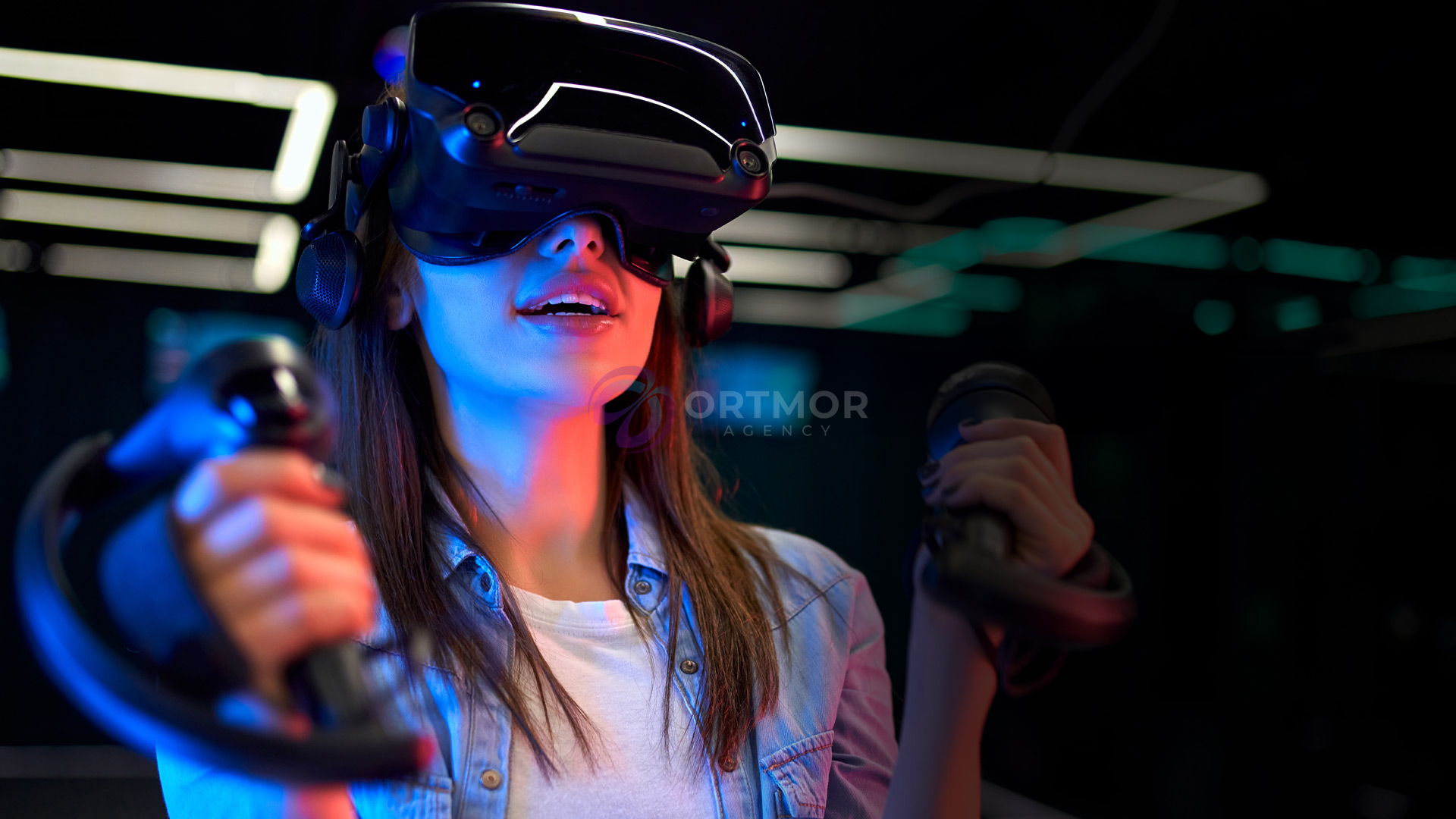Shop At Haya: Your Ultimate Shopping Guide
Discover the best shopping tips, trends, and deals for a smarter buying experience.
Reality Check: Why Virtual Reality Is the Future We Didn't See Coming
Discover why virtual reality is revolutionizing our world and reshaping the future in ways we never imagined. Don't miss out!
The Evolution of Virtual Reality: From Sci-Fi to Daily Life
The journey of Virtual Reality (VR) began in the realm of science fiction, capturing the imagination of creators and audiences alike. From early depictions in literature, such as William Gibson’s 'Neuromancer', to groundbreaking films like Ready Player One, VR has long been associated with futuristic technology and immersive experiences. The initial concepts of VR were heavily influenced by the notion of creating alternate realities, leading to innovations in computer graphics and display systems. As technology advanced, devices like the Sensorama and the Virtuality Group arcade machines paved the way for more interactive experiences, making VR not just a fantasy but a tangible goal.
Today, Virtual Reality has transformed from a mere conceptual idea into an integral part of our daily lives. With the advent of affordable VR headsets like the Oculus Quest and HTC Vive, the technology has become more accessible to consumers, transcending entertainment to find applications in education, healthcare, and even remote work. For instance, medical professionals are utilizing VR for surgical training and therapy, while educators create immersive learning environments that enhance student engagement. As we move forward, the continuous evolution of VR technology promises to reshape how we interact with the world around us, making once-sci-fi experiences part of our everyday reality.

How Virtual Reality is Transforming Education and Training
Virtual Reality (VR) is revolutionizing the landscape of education and training by offering immersive experiences that traditional classroom settings often cannot match. With the ability to simulate real-world scenarios, VR enables learners to engage in a hands-on manner, improving retention and understanding of complex concepts. For instance, medical students can practice surgeries in a virtual environment, allowing them to gain valuable experience without the risk associated with real-life operations. As the demand for skilled professionals grows, integrating VR into vocational training not only enhances skill acquisition but also prepares individuals for the challenges of their respective fields.
The impact of Virtual Reality on education extends beyond higher learning institutions; it is also reshaping K-12 education. Schools are increasingly adopting VR technologies to create interactive lessons that captivate students, catering to various learning styles. For example, instead of merely reading about historical events, students can experience them firsthand through immersive simulations. This innovative approach not only fosters a deeper understanding of the subject matter but also promotes collaboration and critical thinking among peers. As VR continues to evolve, its potential to enhance education and training is boundless, paving the way for a more engaging and effective learning experience.
What Are the Real-world Applications of Virtual Reality We Should Expect?
Virtual Reality (VR) is rapidly evolving and finding its way into various industries, with real-world applications that are transforming how we interact with technology. One of the most significant fields benefiting from VR is education. With immersive experiences, students can engage in virtual field trips, exploring historical landmarks or distant planets without leaving the classroom. Additionally, VR simulations in medical training allow aspiring healthcare professionals to practice surgeries in a risk-free environment, enhancing their skills and confidence before engaging with real patients.
Moreover, the gaming industry is no stranger to the advancements of VR, providing users with unparalleled immersive experiences. Games like Beat Saber and Half-Life: Alyx demonstrate how VR can create engaging and interactive gameplay that transports players into fantastical worlds. Beyond entertainment, VR is also making strides in real estate, where virtual tours enable potential buyers to explore properties from the comfort of their homes. As tech continues to develop, we can expect even more innovative applications of virtual reality in fields such as therapy, design, and remote work, making this technology an essential part of our future.